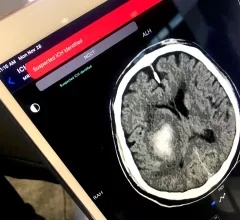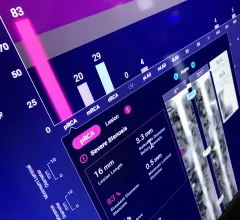Health IT
Healthcare information (HIT) systems are designed to connect all the elements together for patient data, reports, medical imaging, billing, electronic medical record (EMR), hospital information system (HIS), PACS, cardiology information systems (CVIS), enterprise image systems, artificial intelligence (AI) applications, analytics, patient monitors, remote monitoring systems, inventory management, the hospital internet of things (IOT), cloud or onsite archive/storage, and cybersecurity.
Displaying 153 - 160 of 3873












